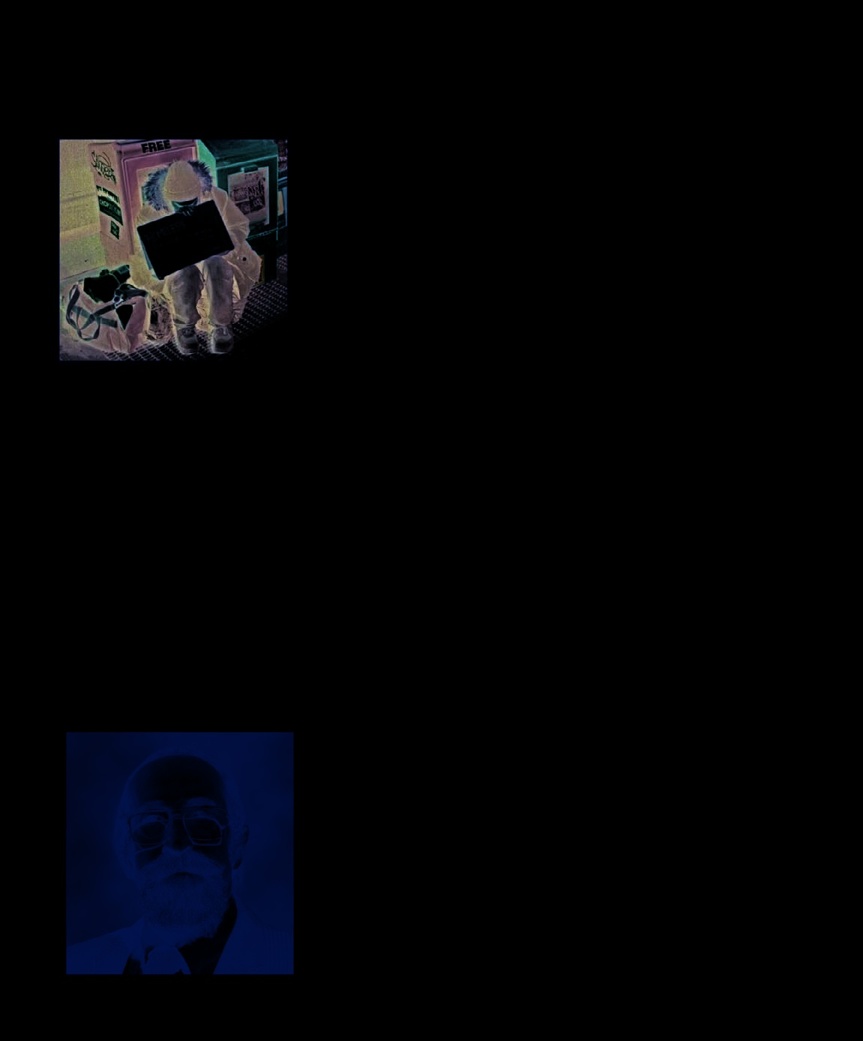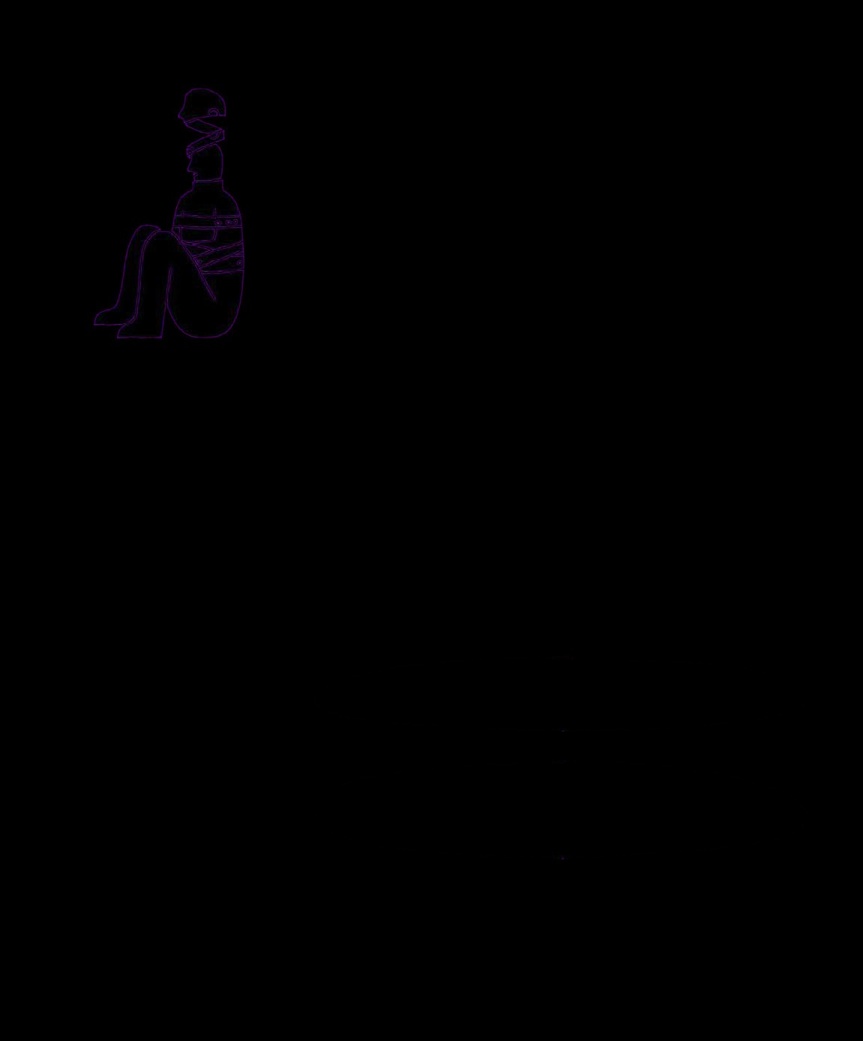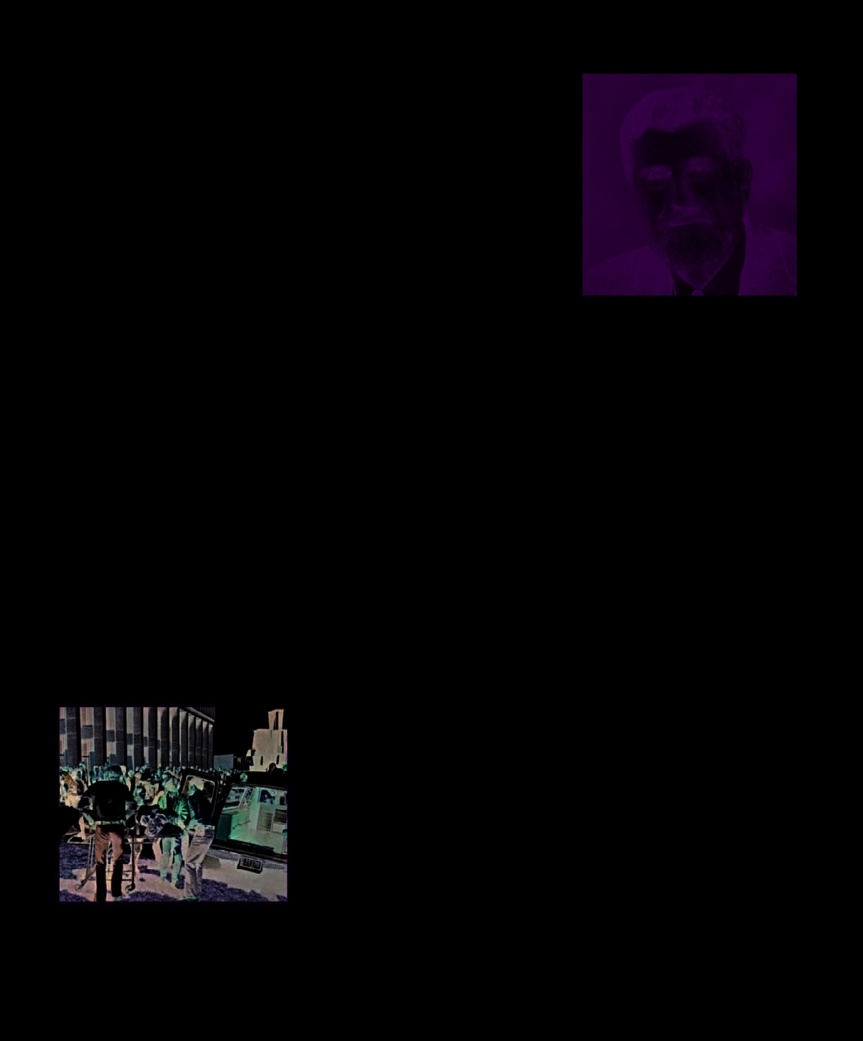The Psychology Book (76 page)
Read The Psychology Book Online
Authors: Unknown

brain), and distress can be
on mental illness, counseling,
the least of our power, we need
remedied through repairing these
and how to improve schools.
relationships without recourse
He is the recipient of many
to psychiatric drugs. He points
awards, including the “A
toward the basic human need for
Legend in Counseling Award”
power, which we try to satisfy by
and the Master Therapist
attempting to control other people.
designation by the American
In fact, the only thing that we can
Psychiatric Association.
Improving our relationships
control is the way we behave and
is improving our
think; we cannot control others.
Key works
mental health.
Trying to, he says, shows a lack of
1965
Reality Therapy
William Glasser
respect for others and is the cause
1969
Schools Without Failure
of unhappiness. Choice Theory is
1998
Choice Theory
a self-control psychology designed
2003
Warning: Psychiatry
to counteract this tendency and
Can be Hazardous to your
to help us find happiness within
Mental Health
our relationships. ■

242
WE BELIEVE PEOPLE
GET WHAT THEY
DESERVE
MELVIN LERNER (1929– )
IN CONTEXT
People want
…where “bad” things
APPROACH
to believe that they
only happen to
Attribution theory
live in a safe,
“bad” people, and
stable, and
only “good” things
BEFORE
orderly world
…
happen to “good” people.
1958
Austrian psychologist
Fritz Heider investigates the
attribution process, or how
people judge the factors that
influence a situation.
People operate under
1965
People blame the
victims
American psychologists
the assumption that
of misfortune
Edward E. Jones and Keith
“people get what they
in order to protect
Davis argue that the goal of
deserve” and deserve
themselves from
attribution is to discover how
what they get.
feeling
vulnerable
.
behavior and intention reveal a
person’s basic nature.
AFTER
1971
US sociologist William
that places undue importance on
J. Ryan coins the phrase
P
eople are most comfortable
when they have a sense of
the supposed character traits of
“victim blaming,” exposing
control over their lives. We
the people involved rather than
how it is used to justify racism
need to believe that we live in a
on the actual facts of a situation.
and social injustice.
world where the good are rewarded
If someone is suffering or being
1975
American psychologists
and the bad are punished, and this
punished, we find it easier to
Zick Rubin and Letitia Peplau
contributes significantly to our
believe that that person must have
sense that it is possible to predict,
done something to deserve such
find that firm believers in a
guide, and ultimately control
treatment. The Just-World theory
“Just World” tend to be more
events. This “Just-World hypothesis”
becomes a comforting rationalization
authoritarian, more religious,
is a tendency to believe that
of seemingly inexplicable events,
and more admiring of existing
“people get what they deserve.”
and stops the world from appearing
social and political institutions.
But, according to Melvin Lerner,
chaotic or random. It also allows
this is a dangerous misconception
people to believe that as long as

SOCIAL PSYCHOLOGY 243
See also:
Dorothy Rowe 154 ■ Elizabeth Loftus 202–07
live in a just world; and so children
the victim to those assessing them
grow into adults with this belief
can affect whether or not people are
firmly in place.
held responsible for their misfortune.
Lerner’s hypothesis became the
Victim-blaming
foundation of important research
In a 1965 study, Lerner found
into social justice. It also sparked
that students who were told that a
debate over the effects of a Just-
fellow student had won the lottery
World approach to life. Does it help
rationalized this event by believing
people stand up to difficulties? It
that the winner must have worked
may instead stimulate the feeling
harder than his peers. It seems that
that any wrongdoing, however
belief in a Just World allows people
minor or unintentional, leads to
to adjust the facts of a situation.
disaster—a belief that Australian
This can be especially damaging
psychologist Dorothy Rowe has
Homelessness
, like may other social
when applied to the way we might
suggested can lead to an increased
problems, is much easier to tolerate
view victims of crime or abuse. In
susceptibility to depression. ■
or be indifferent to, if you believe that
people are ultimately responsible for
rape cases, for example, it is often
their own misfortunes.
suggested that the female victim
was “asking for it” because she
they are “good,” only “good” things
wore a short skirt or was flirtatious,
will happen to them, generating
effectively absolving the perpetrator
a false sense of safety and control.
of responsibility and placing it
In his book,
The Belief in a Just
in the hands of the victim. By
People need to believe they
World
, Lerner argued that we ask
blaming the victim, outsiders also
live in a Just World.
children to “be good” and promise
protect their own sense of safety.
Melvin Lerner
them that in return for effectively
Lerner did emphasize, however,
putting their natural impulses and
that belief in a Just World does not
desires to one side, they will be
always lead to victim-blaming. The
rewarded in the future. For this
seeming innocence, attractiveness,
contract to be fulfilled, we must
status, and degree of similarity of
Melvin Lerner
A pioneer of the psychological
Lerner was editor of the journal
study of justice, Melvin Lerner
Social Justice Research
, and
studied social psychology at New
in 2008 was given a Lifetime
York University, receiving his
Achievement Award by the
doctorate in 1957. He then moved
International Society for Justice
to Stanford University, California,
Research. He is a visiting scholar
where he studied for his post-
at Florida Atlantic University.
doctorate in clinical psychology.
From 1970 to 1994, Lerner
Key works
taught social psychology at the
University of Waterloo in Canada.
1980
The Belief in a Just World:
He has also lectured at a number
A Fundamental Delusion
of universities in the US and
1981
The Justice Motive in
Europe, including the University of
Social Behavior: Adapting to
California, Washington University,
Times of Scarcity and Change
and the universities of Utrecht and
1996
Current Concerns about
Leiden in the Netherlands.
Social Justice

244
PEOPLE WHO DO
CRAZY THINGS ARE NOT
NECESSARILY CRAZY
ELLIOT ARONSON (1932– )
psychological imbalance on the
IN CONTEXT
part of the perpetrator. Aronson,
I
n his 1972 book,
The Social
Animal
, Elliot Aronson puts
forward “Aronson’s First Law:”
however, argues that although
APPROACH
people who do crazy things are not
psychotic people certainly exist,
Attitude change
necessarily crazy. The “crazy things”
even people who are generally
BEFORE
he refers to include acts of violence,
psychologically healthy can be
1956
Social psychologist Leon
cruelty, or deep prejudice—acts so
driven to such extremes of human
Festinger states his theory of
extreme that they seem to reflect a
behavior that they appear insane. It
cognitive dissonance, which
posits that having inconsistent
beliefs causes uncomfortable
psychological tension.
In some situations, sane people do crazy things.
1968
The My Lai Massacre
of civilians in Vietnam takes
place, possibly because US
soldiers dehumanized victims
If we are unaware of the
social circumstances
to reduce cognitive dissonance.
that prompted their actions…
AFTER
1978
Elliot Aronson devises
the Jigsaw method of learning,
involving highly interdependent
…we are tempted to conclude that they
small-group learning, to reduce
are caused by a
deficiency in character
prejudice and violence at school.
or
insanity
.
1980s
Psychologists argue that
dissonance experiments may
not reflect real attitude changes,
but a desire to seem consistent
and hence socially acceptable.
We must remember that people who do
crazy things are not necessarily crazy.
